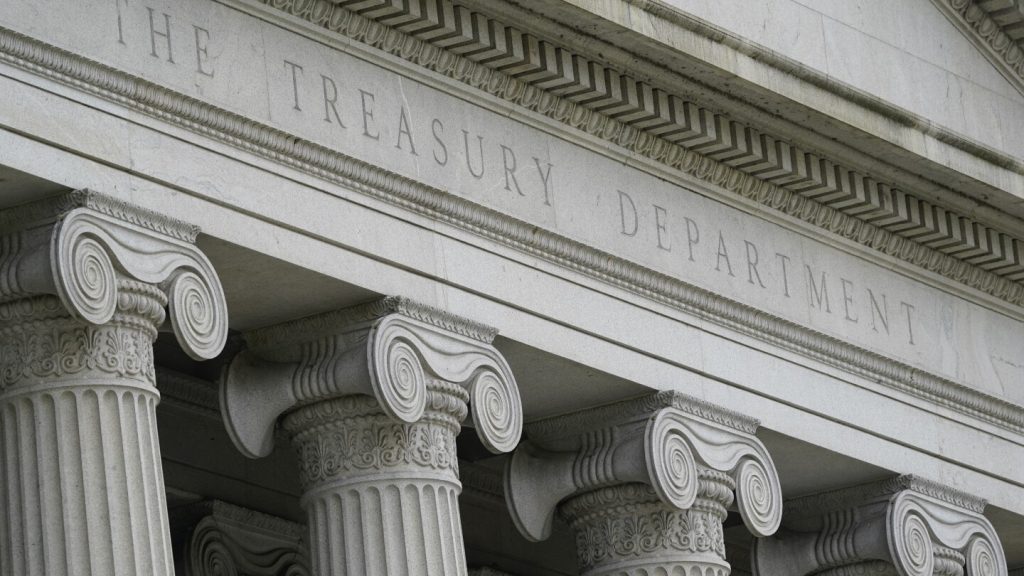The U.S. Treasury Department announced on Tuesday that it is imposing economic sanctions on 50 individuals and firms across Hong Kong, the United Arab Emirates, and the Marshall Islands for their involvement in a shadow banking network that supports Iran’s military. These entities are allegedly facilitating the sale of Iranian oil and petrochemicals, enabling Iran to gain illicit access to the international financial system. The funds generated from these activities are used to finance weapons and support proxy groups, including the Yemeni Houthis. Additionally, Iran is accused of supplying drones to Russia, which are being utilized in the ongoing conflict in Ukraine. Among the individuals sanctioned is Seyyed Mohammad Mosanna’i Najibi, an Iranian-Turkish money-changer, and 27 cover companies controlled by Najibi based in various locations.
The sanctions imposed by the Treasury Department restrict the individuals and firms from accessing any property or financial assets held in the U.S. They also prevent U.S. companies and citizens from engaging in any business transactions with them. Treasury Deputy Secretary Wally Adeyemo highlighted the U.S. government’s commitment to combat those who support Iran’s terrorist activities through illicit financial means. Adeyemo stated that the U.S. will continue to collaborate with allies, partners, and the global financial industry to enhance vigilance against the movement of funds that support terrorism. This move is part of a broader effort to disrupt the flow of funds to groups engaged in destabilizing activities in the Middle East and beyond.
It is not the first time the U.S. has targeted Iranian shadow banking entities. In March 2023, the U.S. imposed economic sanctions on 39 firms linked to a shadow banking system that facilitated financial transactions between sanctioned Iranian entities and their foreign buyers, particularly for petrochemicals originating from Iran. The U.S. government has been ramping up its efforts to crack down on entities that enable Iran to circumvent existing sanctions and engage in illicit financial activities. By targeting these individuals and firms, the U.S. aims to disrupt the financial networks that support Iran’s military and its proxy groups operating in the region.
The sanctions imposed on the individuals and entities in Hong Kong, the United Arab Emirates, and the Marshall Islands are part of a broader strategy to cut off Iran’s access to international financial markets and prevent the country from obtaining the resources it needs to support its destabilizing activities. The Treasury Department’s actions signal a continued commitment to enforcing economic sanctions on entities that enable Iran to bypass restrictions and engage in illicit financial activities. The U.S. government’s efforts to disrupt Iran’s shadow banking networks demonstrate its resolve to hold accountable those who provide financial support to entities engaged in terrorism and other illicit activities.
The international community is closely monitoring the U.S. government’s actions against entities involved in supporting Iran’s military and proxy groups. As the situation in the Middle East continues to evolve, it remains crucial for countries to work together to address the root causes of conflict and instability in the region. By targeting individuals and firms that facilitate Iran’s access to international financial markets, the U.S. aims to disrupt the funding mechanisms that enable Iran to pursue its destabilizing activities. The imposition of economic sanctions is just one part of a broader strategy aimed at curbing Iran’s ability to finance its military and proxy groups operating in various parts of the world.


